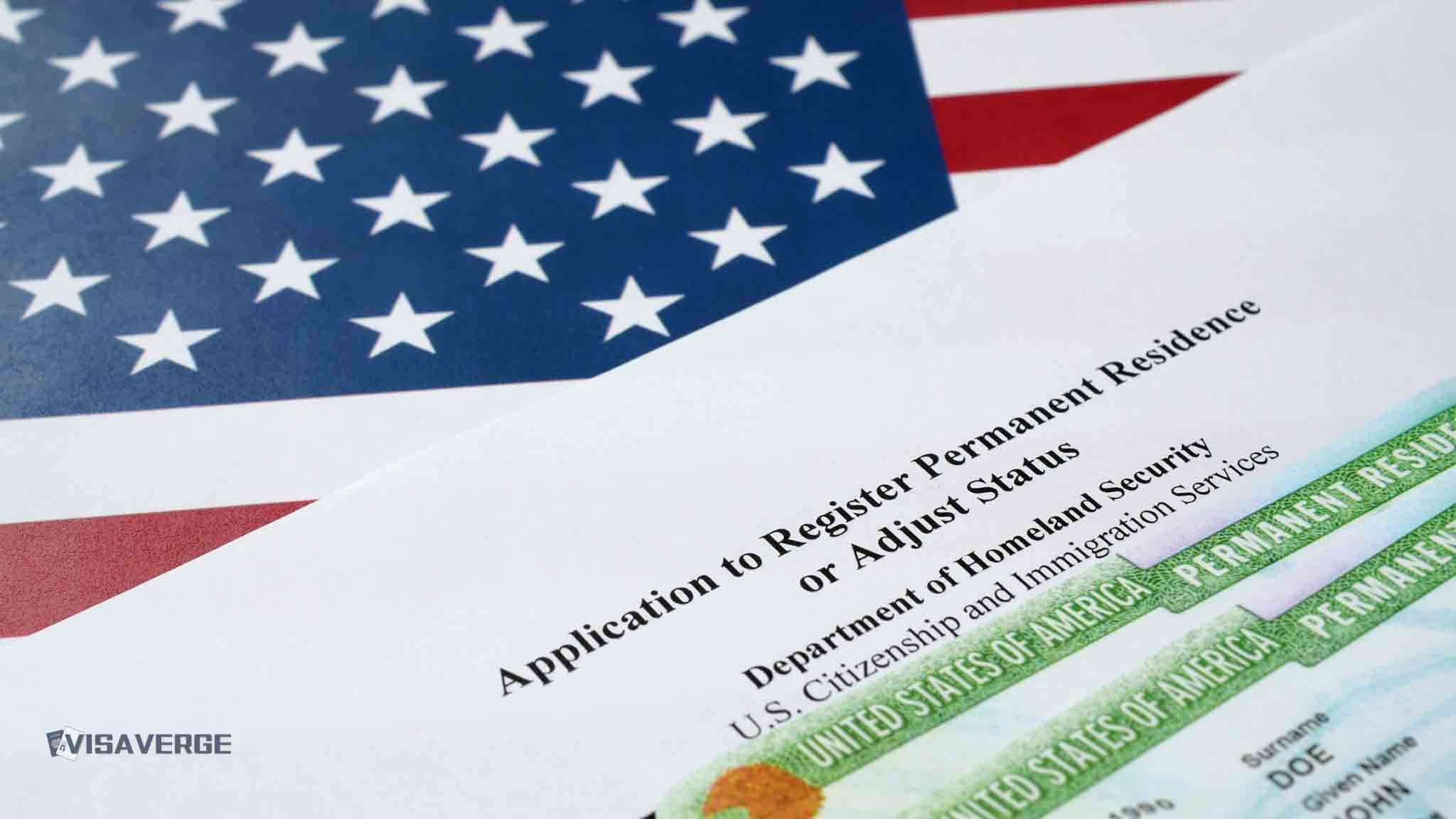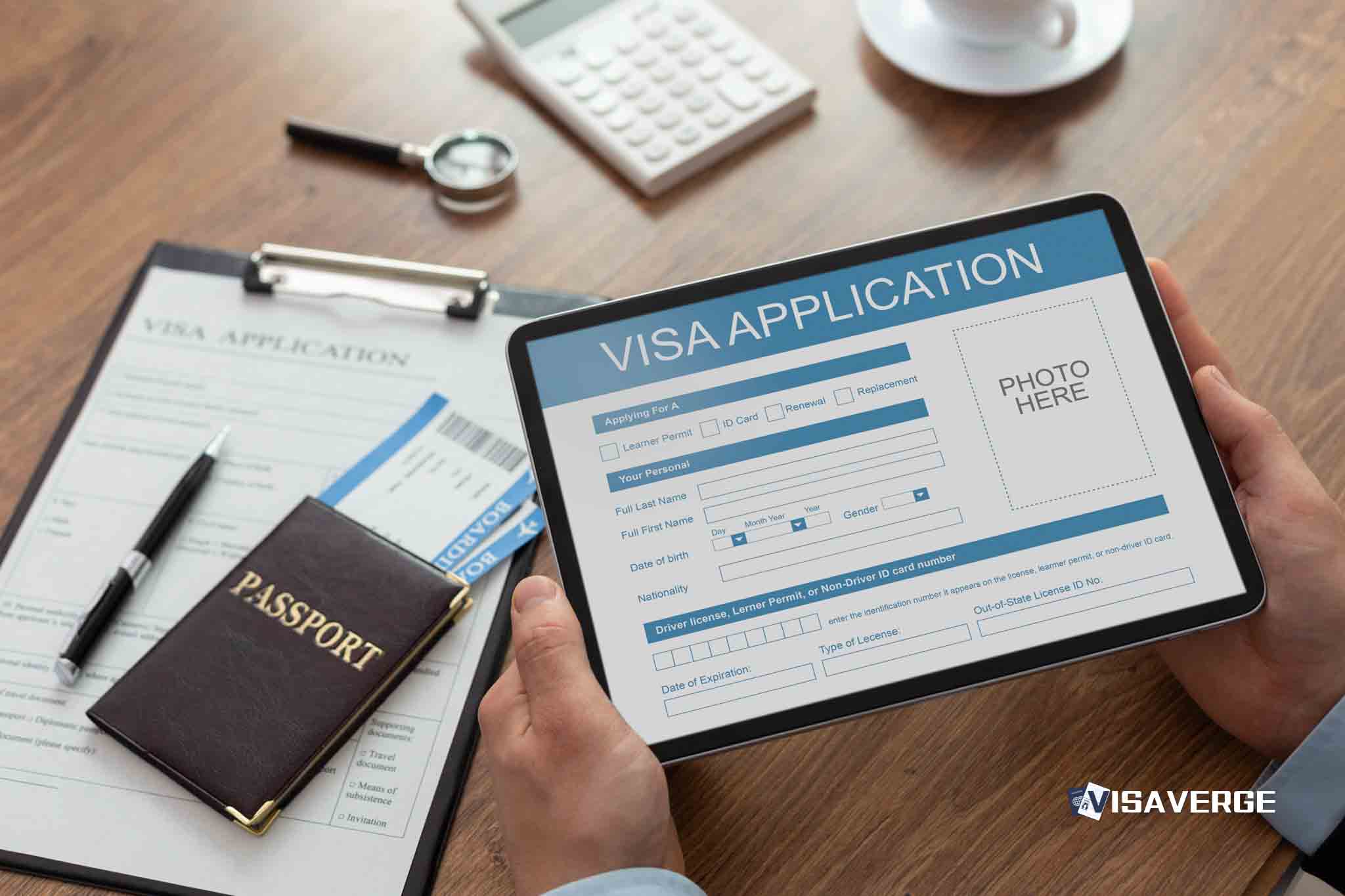Key Takeaways
• To pass the civics test, answer at least 6 of 10 questions correctly during your naturalization interview.
• If you fail the first test, you get a second chance within 60 to 90 days to retake it.
• USCIS decided to keep the 2008 oral civics test format after public opposition to proposed changes.
Becoming a citizen of the United States 🇺🇸 is a major milestone for many immigrants. One of the most important steps in this process is passing the naturalization civics test, which includes answering citizenship questions about U.S. history, government, and basic civics. Many applicants worry about what happens if they do not answer enough questions correctly on their first try. This guide explains the naturalization civics test, what to expect if you do not pass on your first attempt, and how to prepare for success.
What Is the Naturalization Civics Test?

The naturalization civics test is a key part of the process for becoming a U.S. citizen. During your naturalization interview, a USCIS officer will ask you up to 10 questions from a list of 100 possible questions. These questions cover topics like the U.S. Constitution, important historical events, the structure of the government, and the rights and responsibilities of citizens.
To pass the civics test, you must answer at least 6 out of 10 questions correctly.
The test is given orally, meaning the USCIS officer will ask you the questions out loud, and you will answer them in person. The officer chooses the questions at random from the official list, and the answers may change over time due to elections or new appointments.
Why Are Citizenship Questions Important?
Citizenship questions are designed to check your knowledge of the United States 🇺🇸 and your understanding of what it means to be a citizen. The questions are not meant to trick you. Instead, they help make sure that new citizens have a basic understanding of the country’s history, government, and values.
Some examples of citizenship questions include:
- What is the supreme law of the land?
- Who was the first President?
- What are two rights in the Declaration of Independence?
You can find the full list of questions and answers on the USCIS Citizenship Resource Page.
The Role of the USCIS Officer
A USCIS officer is a trained government worker who conducts your naturalization interview. The officer’s job is to:
- Ask you the civics questions
- Check your answers
- Decide if you pass or fail the test
- Review your application and background
The officer will also ask you questions about your personal history and eligibility for citizenship. This is part of the English speaking test, which checks your ability to speak and understand basic English.
What Happens If You Don’t Pass the Civics Test on Your First Try?
Many people worry about failing the civics test. If you do not answer at least 6 out of 10 citizenship questions correctly during your first interview, you do not pass the civics portion of the naturalization test. However, this does not mean your application is denied right away.
Here’s what happens next:
- You will be given a second chance to take the test.
- This second interview is usually scheduled within 60 to 90 days after your first interview.
- During the second interview, a USCIS officer will ask you another set of up to 10 citizenship questions.
- If you answer at least 6 questions correctly this time, you pass the civics test and your application moves forward.
- If you do not pass the test on your second try, your application for naturalization will be denied.
Key Point: Failing the test on your first attempt does not end your citizenship journey. You have another opportunity to study and try again.
What If You Fail the Test a Second Time?
If you do not answer enough citizenship questions correctly on your second attempt, your application will be denied. This means you will not become a U.S. citizen at this time. However, you can apply again in the future if you still meet the eligibility requirements.
If your application is denied:
- You will receive a written notice explaining the reason for the denial.
- You may be able to request a hearing with a different USCIS officer if you believe there was a mistake.
- You can reapply for naturalization, but you will need to pay the application fee again and start the process over.
How to Prepare for the Naturalization Civics Test
Preparation is the key to passing the naturalization civics test. The U.S. government provides free study materials to help you get ready. Here are some practical steps:
1. Use Official Study Materials
- The USCIS Citizenship Resource Page offers the official list of 100 civics questions and answers.
- Download the PDF of 100 Civics Questions and Answers to study at home.
- Practice with flashcards, audio recordings, and sample tests available on the USCIS website.
2. Practice Answering Questions Orally
- Since the USCIS officer will ask questions out loud, practice speaking your answers.
- Ask a friend or family member to quiz you.
- Focus on clear, simple answers that match the official responses.
3. Study Regularly
- Set aside time each day to review the questions.
- Break the list into smaller sections and study a few questions at a time.
- Repeat questions until you feel confident.
4. Stay Updated
- Some answers may change due to elections or new government officials.
- Check the USCIS website for the most current answers before your interview.
5. Prepare for the English Speaking Test
- The officer will also ask questions about your background and eligibility in English.
- Practice answering simple questions about yourself, your family, and your application.
What Has Changed in the Civics Test?
In recent years, USCIS considered changing the naturalization civics test. The proposed changes included:
- Switching from oral questions to a multiple-choice format
- Adding a new speaking test that required applicants to describe photographs
These changes were meant to update the test, but many people and organizations worried that the new format would make the test harder, especially for people with lower reading skills or less formal education.
After receiving over 1,300 public comments—most of them against the changes—USCIS decided to keep the current test format. The test remains the same as the 2008 version, which is considered fair and accessible for most applicants.
As reported by VisaVerge.com, this decision helps keep the path to citizenship open for more people by balancing the need to check knowledge with the need for fairness.
Why Did USCIS Keep the Old Test Format?
USCIS listened to feedback from immigrants, lawyers, and community groups. Critics of the new test design said it would:
- Make the test harder for people with limited English or education
- Create more stress for applicants
- Lead to more denials and fewer new citizens
By keeping the 2008 test format, USCIS shows its commitment to making citizenship possible for people from many backgrounds. The agency wants the test to check knowledge without being unfair or too difficult.
What Are the Rights and Responsibilities After Passing the Test?
Passing the naturalization civics test is one of the last steps before becoming a U.S. citizen. Once you pass the test and complete the rest of the process, you will:
- Take the Oath of Allegiance at a naturalization ceremony
- Receive your Certificate of Naturalization
As a U.S. citizen, you gain important rights, such as:
- The right to vote in federal, state, and local elections
- The ability to apply for a U.S. passport
- The right to sponsor family members for immigration
- Protection from deportation
You also take on responsibilities, including:
- Obeying U.S. laws
- Serving on a jury if called
- Paying taxes
- Participating in your community
Real-World Example: Maria’s Citizenship Journey
Maria moved to the United States 🇺🇸 from Mexico 🇲🇽. She applied for naturalization after living in the country for several years as a permanent resident. Maria studied the citizenship questions using the official USCIS materials, but during her interview, she became nervous and only answered 5 out of 10 questions correctly.
Maria was disappointed but learned she would have a second chance. She spent the next two months practicing with her daughter, focusing on the questions she missed. At her second interview, she answered 8 out of 10 questions correctly and passed the test. Maria went on to take the Oath of Allegiance and became a U.S. citizen.
Maria’s story shows that not passing the test on the first try is not the end. With preparation and support, many people succeed on their second attempt.
What If You Need Help Preparing?
If you are worried about the civics test, you are not alone. Many community organizations, libraries, and adult education centers offer free or low-cost citizenship classes. These classes can help you:
- Practice answering citizenship questions
- Improve your English speaking skills
- Learn about the naturalization process
You can also contact USCIS for information about study materials and resources. Visit the USCIS Citizenship Resource Page for official updates and support.
Frequently Asked Questions
Q: Can I take the test in my native language?
A: Most applicants must take the test in English. However, some people may qualify for an exemption based on age and how long they have lived in the United States 🇺🇸 as a permanent resident. Check the USCIS website for details.
Q: What happens if I miss my second interview?
A: If you miss your second interview without a good reason, your application may be denied. Contact USCIS as soon as possible if you need to reschedule.
Q: Can I appeal if my application is denied?
A: Yes, you can request a hearing with a different USCIS officer if you believe your application was wrongly denied. Use Form N-336, Request for a Hearing on a Decision in Naturalization Proceedings to start this process.
Staying Informed About Changes
USCIS sometimes updates the naturalization process or test. It is important to check the official USCIS website for the latest information. You can also sign up for email updates or contact USCIS directly with questions.
Key Takeaways and Next Steps
- You must answer at least 6 out of 10 citizenship questions correctly to pass the civics test.
- If you do not pass on your first try, you will have a second chance within 60 to 90 days.
- Failing the test a second time means your application will be denied, but you can reapply in the future.
- The test format remains the same as the 2008 version, with no changes expected in 2025.
- Use official USCIS study materials and practice answering questions out loud.
- Seek help from community organizations or citizenship classes if you need extra support.
By understanding the process and preparing well, you can improve your chances of passing the naturalization civics test and becoming a U.S. citizen. For more information and official resources, visit the USCIS Citizenship Resource Page.
If you have questions about your application or need help, contact USCIS or speak with an immigration attorney. Remember, the path to citizenship is open to those who prepare and stay informed.
Learn Today
Naturalization → The legal process by which a non-citizen becomes a U.S. citizen.
Civics Test → An oral test assessing knowledge of U.S. history, government, and citizens’ rights and responsibilities.
USCIS Officer → A government employee who conducts naturalization interviews and evaluates test results and applications.
Oath of Allegiance → A formal promise to support and defend the United States, taken at naturalization ceremonies.
Application Denial → Official rejection of a naturalization request due to failure to meet requirements or pass tests.
This Article in a Nutshell
Passing the naturalization civics test is vital for U.S. citizenship. Candidates must answer six of ten questions correctly, with a second try allowed if needed. Official study materials and practice help applicants succeed, while USCIS maintains an accessible oral test format to ensure fairness for all applicants.
— By VisaVerge.com













